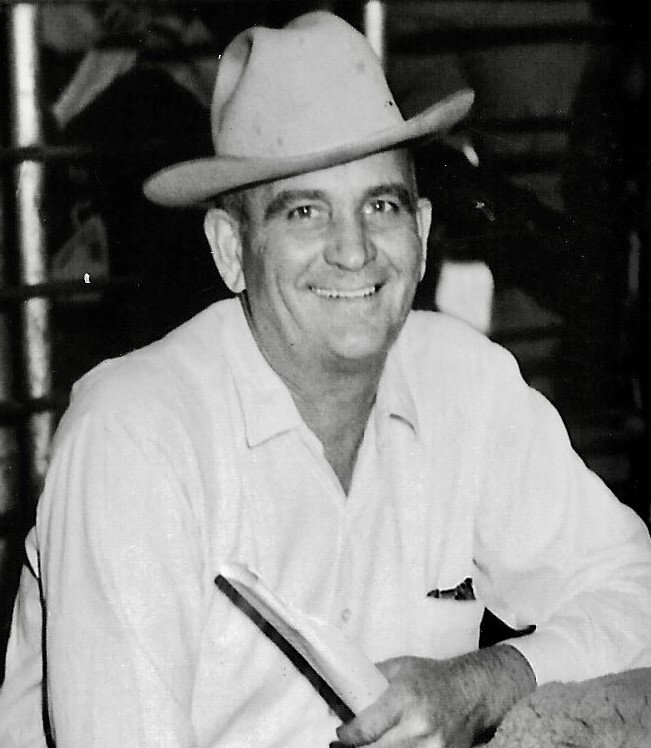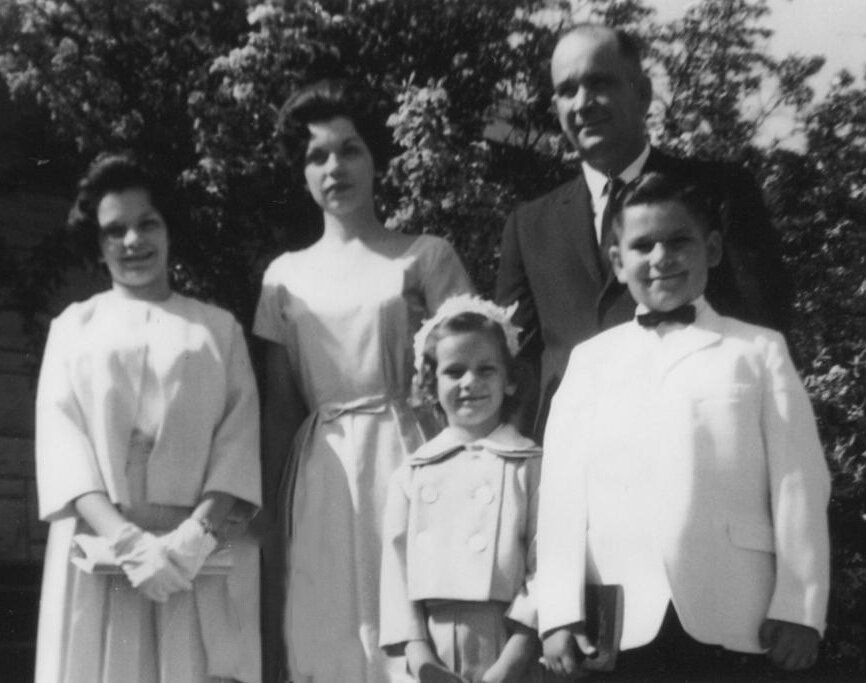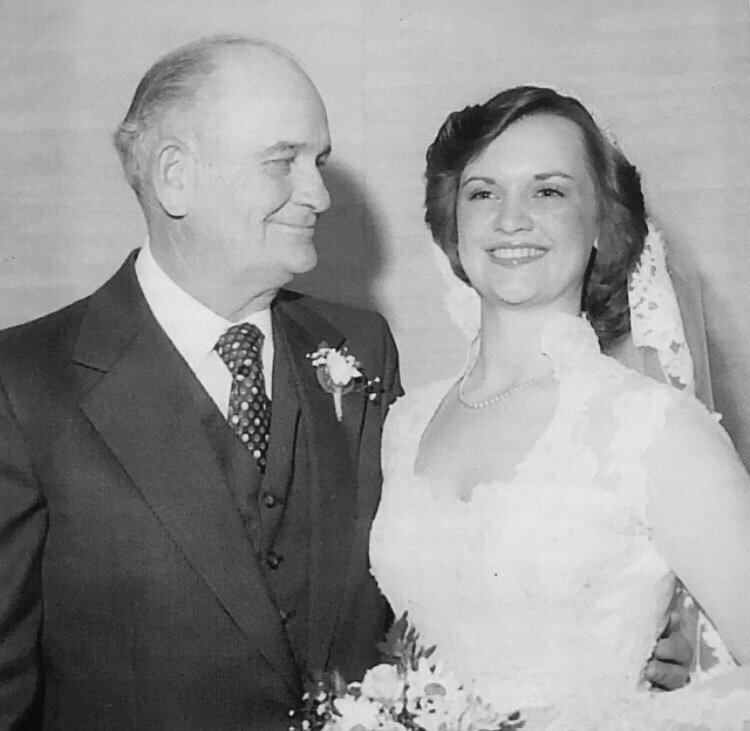The Legacy of Jay Wolf






According to Jay Wolf, life was very basic growing up, “There was no bathroom, no hot water, no electricity and no ice. The only running water was collected from rainwater that ran off the roof and ran down a pipe to the sink to wash dishes in our family home.” He and his four siblings went to school by horse and buggy to a one-room schoolhouse that was six-miles away. Jay had humble beginnings, but he was determined to improve his life and make a difference in the world.
Jay Wolf earned his first dollar (an 1884 Silver Dollar) at the age of five years for finding the neighbor’s “prize milk cow” which had been missing all day on his family’s ranch along the Pedernales River in Johnson City, Texas.
Jay was enterprising even as a young boy and discovered lots of ways to make money. He trapped rats and mice in the barn and made two cents for each mouse and five cents for each rat, earning 15 or 20 cents a day which he used to buy school supplies. He also earned money hunting and trapping crows, squirrels, raccoons, armadillos, and skunks. He ran his traps early in the morning before school. Jay found arrowheads and sold them to the local drug store called Arrowhead Drug Store.
Even though he wanted to buy treats with some of the money he earned, he exercised discipline and saved his money including his first Silver Dollar.
For a boy who did not have a pair of "store-bought" shoes until he was nearly 10 years old, Jay Wolf continued to demonstrate a strong work ethic helping his family make a living during the dark days of the Great Depression. After graduating from high school in 1938 his earning power escalated to 30 cents per hour doing backbreaking work as a cedar cutter, clearing right-of-way to build electric lines. Two years later in 1940 at age 19 he saved $500 from his job as a cedar cutter and borrowed $500 to purchase a Sinclair Gas Station in Johnson City, finally fulfilling his dream of becoming an independent businessman. However, when World War II started he sold his business and enlisted in the Army Air Corps.
After faithfully serving his country during World War II, Jay Wolf packed everything he owned in a homemade trailer and moved to Georgetown in 1949 with his wife Bettie and children, Judy and Jane. That year he enrolled as a student on the GI Bill at Southwestern University.
With money he saved after the war he started a new farm and ranch supply business called Wolf’s Wool and Mohair. To make ends meet he also ran a dairy where he milked cows every morning at 5:00 AM before going to class and again at 5:00 PM after class. The family almost starved to death that first year, but the next year in 1950, Jay Wolf’s hard work and perseverance enabled him to scrape together enough money to buy 160 acres of land, where Phase One and Phase Three of the Wolf Ranch master-planned residential community is located today.
After graduating from Southwestern University in 1953, Jay continued growing his business and his family. Jay and Bettie added Jay, Jr., Iva, and James to the Wolf den. In 1956 the door opened for Jay Wolf to become a Gulf Oil jobber—a wholesale distributor of oil and gasoline. Again, he risked his resources to start a new venture and founded Wolf's Gulf Agency that later became Wolf’s Chevron—a successful business that eventually included numerous service stations and convenience stores throughout Williamson County. The Wolf family owned this business for over 50 years.
Jay Wolf partnered with longtime friends, Ed Vinther and Dennis Chapman, to buy the Georgetown Oil Mill in 1964. In 2004 the Wolf, Vinther, and Chapman families collaborated together to donate the Oil Mill property to Habitat for Humanity, where today twenty-five families now have their own home.
In 1966 Jay Wolf embraced another bold venture. He constructed the first HEB grocery store and a Winn's store on University Avenue in Georgetown. This project significantly benefited the community by providing the first modern grocery store and retail center.
As a lifetime rancher Jay Wolf had a passion for land. Over the next several years he purchased the land that is now Wolf Ranch Town Center and the Wolf Ranch master-planned residential development, Wolf Ranch Hillwood. In 1991 he had the foresight to buy a portion of the land across from the Wolf Ranch Town Center that is Wolf Lakes Village—the 164-acre mixed-use commercial development.
Jay Wolf’s common-sense wisdom and desire to benefit his community led him to serve as a trustee on the Georgetown School Board, an Election Judge, the Captain of the Williamson County Sheriff’s Posse, and an active member of First Baptist Church Georgetown.
Jay Wolf was part of the "Greatest Generation." The rugged environment of his upbringing, the challenges of the Great Depression, the ravages of World War II, and his strong Christian faith all converged to forge his character and determination. Jay Wolf loved the land. He loved living on the land. He loved raising cattle on the land. He loved fishing and hunting on the land. More importantly he loved his family. He was a steadfast father, an enterprising businessman, and a faithful leader in the Georgetown community.
Jay Wolf overcame extreme poverty and achieved his boyhood dreams of independence as a successful businessman. He chose to be a good steward of those blessings. He was someone who walked by faith and through perseverance he leveraged all of his God given assets into an extraordinarily productive journey here on earth leaving a legacy of faith and a legacy of land. Jay Wolf provides an inspiring success story of someone who started humbly but finished abundantly because of hard work, wise risk taking, and the gracious blessing of God.
After making Georgetown his home for almost 47 years, raising his children here, and investing his life in this community, Jay Wolf died in Georgetown on September 11, 1996 at the age of 75.
Jay Wolf’s daughter, Iva Wolf McLachlan, and her husband, Donald McLachlan, are carrying out Jay Wolf’s legacy by seeking to be good stewards of the land. They have worked with high quality partners to create three large scale, extraordinary developments—Wolf Ranch Town Center, Wolf Ranch Hillwood, and Wolf Lakes Village.
